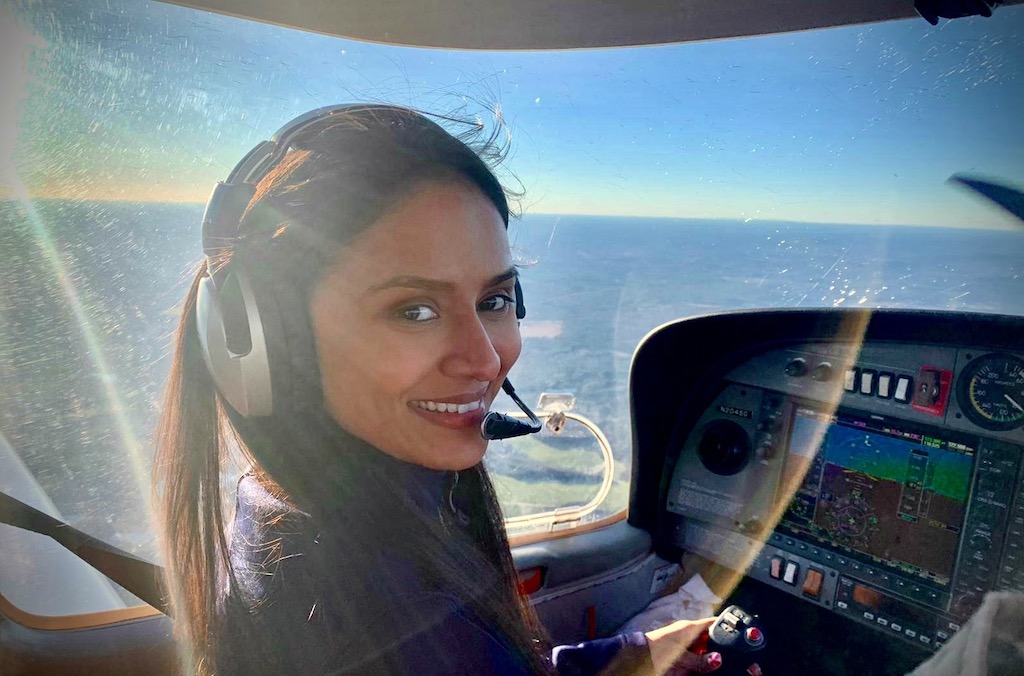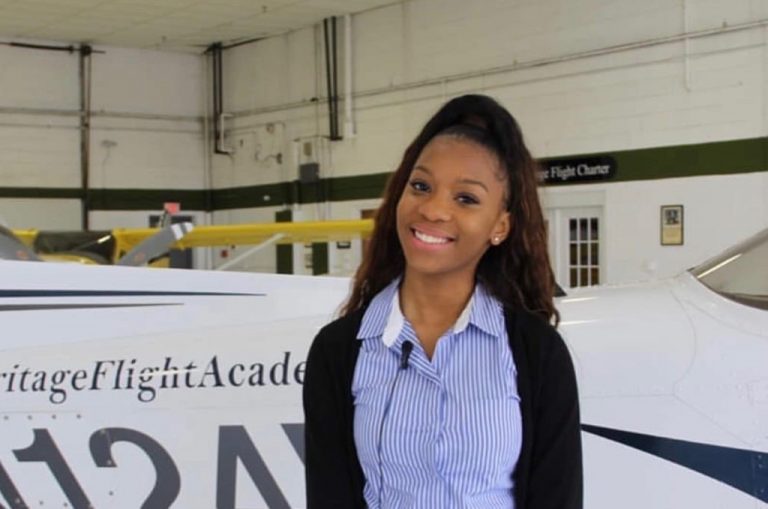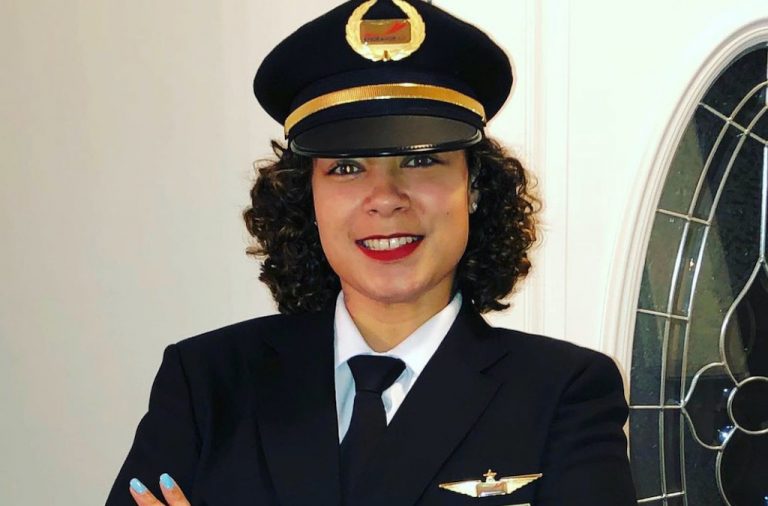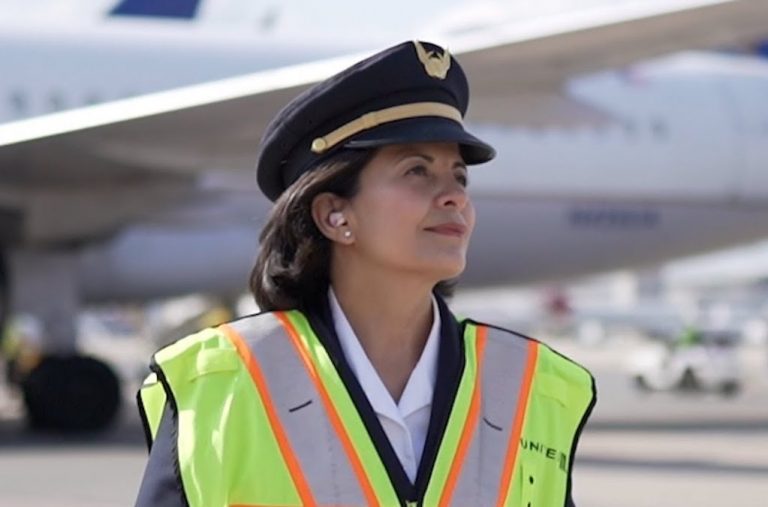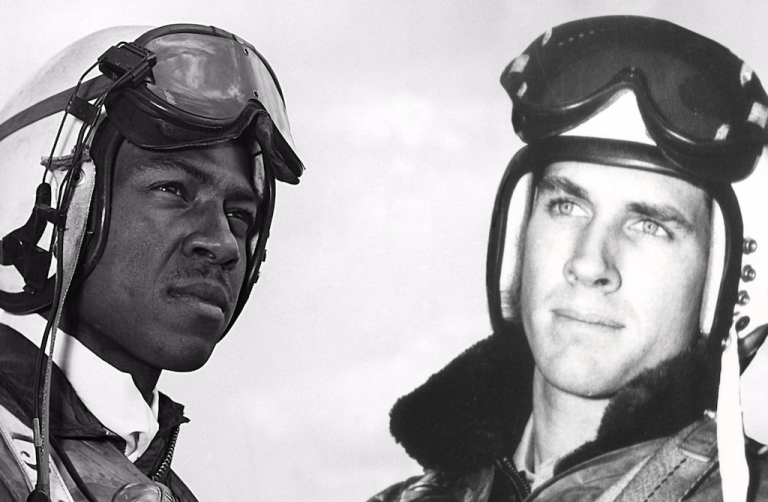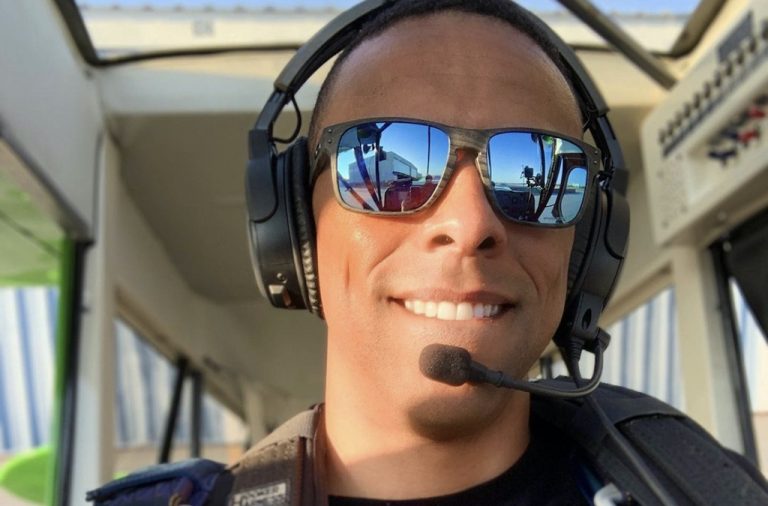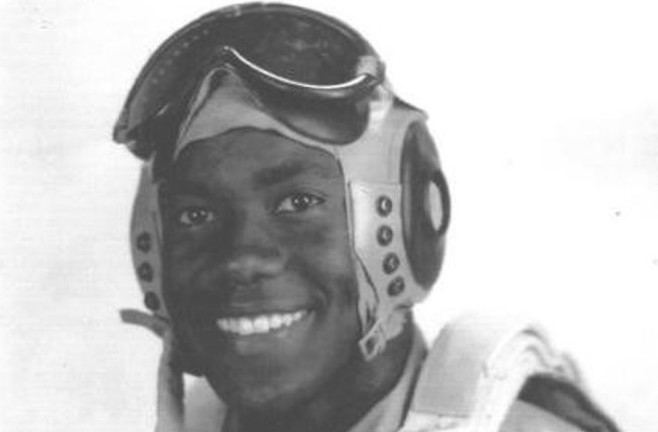Pinky Patel
When five-year-old Pinky Patel insisted on piloting the air museum static display, her mom suggested that a flying career might be a great fit — for her brother. As a first-generation Indian-American woman, a pilot career wasn’t part of the “typical path.” Instead, they thought, she should become a doctor.
But Patel didn’t want to be a doctor. She wanted to be a pilot. Even years later in college, she was still captivated by the idea of flying. So, she sought a way to get into the air somehow. She became a flight attendant for a major airline, which at least presented a glimpse at the airline pilot lifestyle and an opportunity to talk to lots of pilots.
One day, she decided to go all-in and started flight training. Like any new pilot, she had unique challenges. One of the hardest things for Patel was understanding the mechanics of engine operation — an area that many instructors brush over quickly in ground briefs. To enhance her understanding, she diligently asked questions and even contacted the flight school mechanics for a more hands-on lesson on the engine. Over time, it started to click.
The other challenge was getting good, consistent feedback from other pilots. There is a tendency, she explains, to tell female pilots — and especially minority females — that they will succeed because of their race and/or gender. This idea stems from an assumption that airlines are eager to hire minorities and women to meet “quotas.” To Patel, hearing time and time again that she would succeed because she is a woman, or is Indian-American, suggested that her skill alone is not what would lead to her success. Women and minority pilots are often denied the confidence that comes from positive, accurate feedback in training. While not intended to have this effect, it is an additional hurdle in their flight training experience.
Today, Patel is a professional pilot and flight instructor in the Atlanta area. As the aviation industry recovers, she hopes to join a regional airline. She’s also a part-time mental health therapist with a Master’s degree. Many of her students are of a similar background: former or current flight attendants seeking to transition to an airline pilot career.
The advice she gives new students is to persevere. “Don’t give up! If it’s your dream, don’t stop, just keep going.” But, she says, students should remember to take the time to care for themselves and enjoy the process. Starting flight training is a challenging and often difficult journey, technically and also emotionally. But if it’s a lifelong dream, it’s often worth it.

